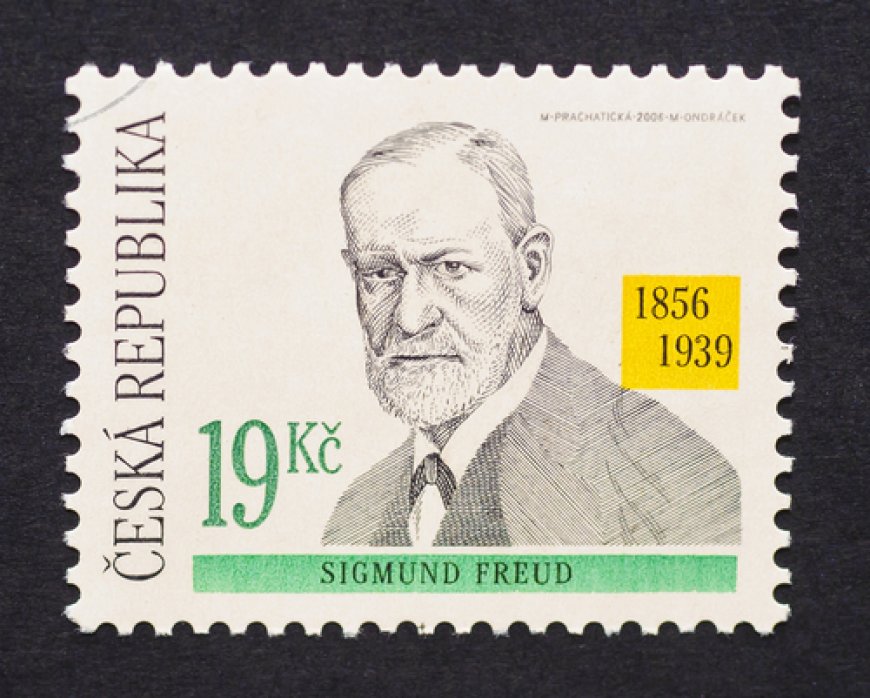Delving into the Mind: Freud's Pleasure Principle and You
Explore the fundamental principles of Freud's Pleasure Principle, its implications in psychoanalysis, and its impact on human behavior. Learn how the unconscious mind drives our quest for instant gratification

The Pleasure Principle, a fundamental concept developed by the renowned psychoanalyst Sigmund Freud, remains a cornerstone of psychoanalytic theory. This article delves into the key principles of this intriguing Freudian concept, exploring how it shapes human behavior and illuminates our understanding of the unconscious mind.
At the heart of the Pleasure Principle is the innate human quest for instant gratification — a drive so potent that it forms the basis of our instinctual behavior. As per Freud, this principle governs the id, the most primitive part of our psyche that seeks immediate satisfaction, irrespective of societal norms or consequences.
The Pleasure Principle is intrinsically linked with the concept of the unconscious mind. This is the reservoir of our deepest desires and impulses, many of which are suppressed by societal expectations and self-regulation. Freud posited that the unconscious mind's operations are primarily governed by the Pleasure Principle.
The Pleasure Principle, however, does not work in isolation. It is constantly in conflict with the Reality Principle, another central Freudian concept. The Reality Principle represents the ego, the rational part of our psyche that restrains the id's impulses for the sake of long-term benefits and societal acceptance. This constant struggle between the Pleasure Principle and the Reality Principle shapes our actions and decisions, influencing the course of our lives.
Freud's Pleasure Principle also sheds light on our defense mechanisms, the subconscious strategies we employ to cope with reality and maintain our self-esteem. When the quest for pleasure leads to uncomfortable feelings or guilt, these mechanisms kick in, enabling us to rationalize, repress, or deny our instinctual desires. This nuanced interplay between the Pleasure Principle and our defense mechanisms significantly influences our mental well-being.
Understanding the Pleasure Principle provides us with profound insights into human behavior. It helps us comprehend why we sometimes engage in behaviors that may seem irrational or self-destructive but are in fact driven by our unconscious pursuit of pleasure.
In conclusion, Freud's Pleasure Principle remains a pivotal concept in psychoanalysis, significantly shaping our understanding of human behavior, the unconscious mind, and the quest for instant gratification. While its principles may be complex, their implications are fundamental to understanding the human psyche.
As we continue to explore and challenge Freudian concepts like the Pleasure Principle, we not only deepen our understanding of psychoanalysis but also unravel the complex intricacies of the human mind. Thus, the Pleasure Principle continues to be a key element in the discourse on psychoanalysis, contributing significantly to our understanding of ourselves and the world around us.
Understanding the Pleasure Principle: Freud's Interpretation of the Human Psyche
The Pleasure Principle, as expounded by Freud, remains an essential tool for understanding human motivation and behavior. As we strive for a deeper understanding of the human psyche, Freud's theories, including the Pleasure Principle, continue to provide a vital foundation. Through this exploration, we can better understand the complexities of our actions, our desires, and ultimately, ourselves.
Disclaimer: The image(s) featured in this article are for illustrative purposes only and may not directly depict the specific concepts, situations, or individuals discussed in the content. Their purpose is to enhance the reader's understanding and visual experience. Please do not interpret the images as literal representations of the topics addressed.
What's Your Reaction?












































































































